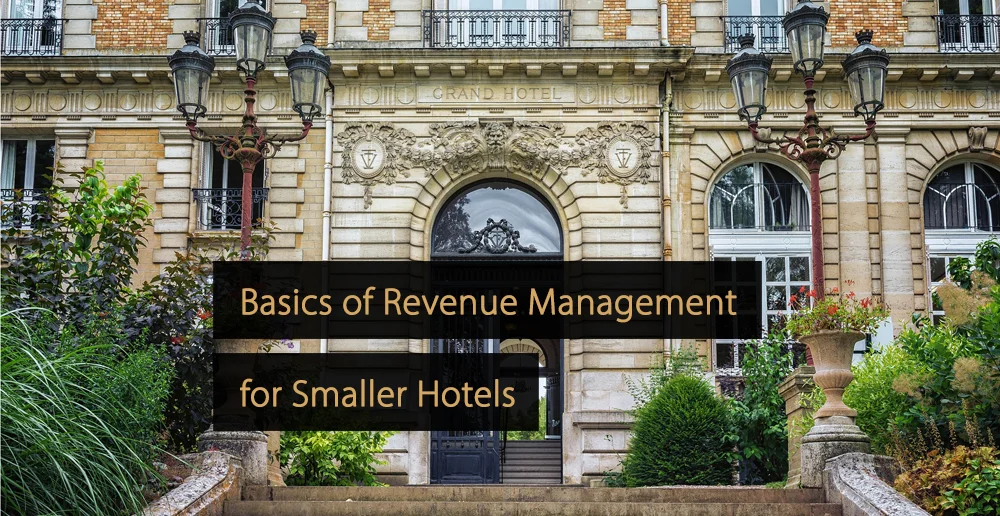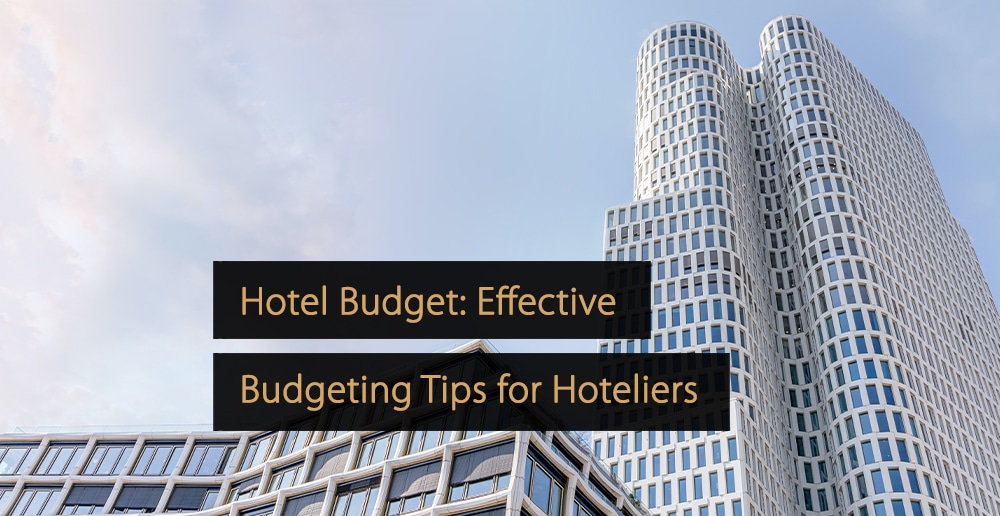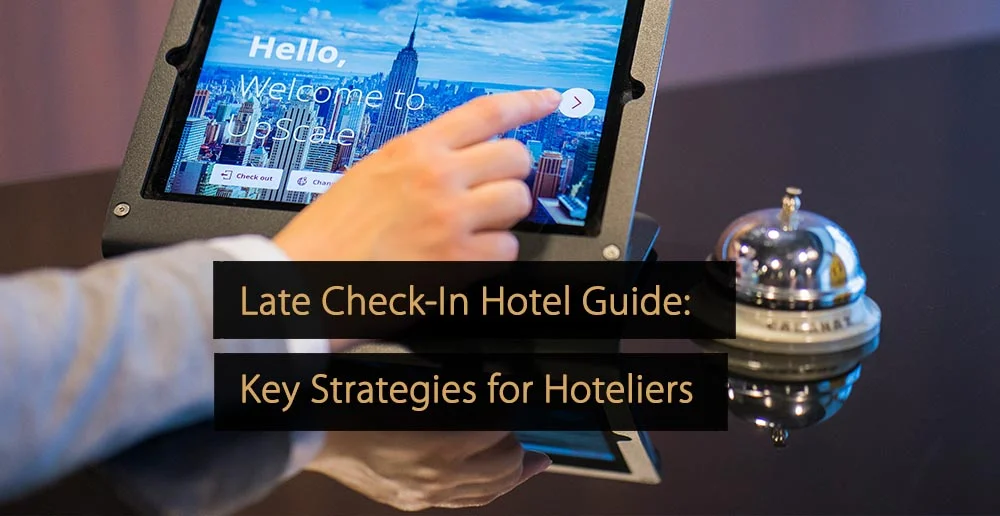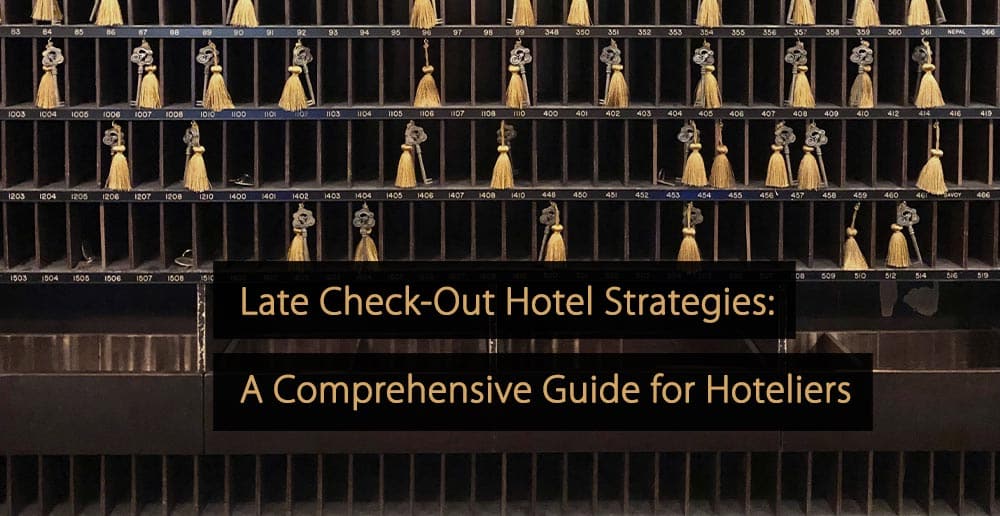Revenue management stands for “Selling the right product to the right client at the right moment at the right price via the right distribution channel with the best cost efficiency”. But what does revenue management really mean for the extraordinary hotelier? What should you take care of in order to increase the revenue for your property?
Basics of Revenue Management
Several aspects should be taken into account if you would like to improve your revenue management strategy. In this article you can find 7 basics that all smaller hotels should consider to improve their revenue.
1. Forecasting Demand
Forecasting is a must for successful revenue management. When you can anticipate demand, you can price your rooms more accurately and encourage more bookings.
For example, suppose on a given day there is a significant event in your area, such as a big local wedding, and the weather is also better than expected. These, and many other factors, can all impact demand for your hotel rooms. If you have insight when demand will be high or low in advance, you will be able to change your prices or marketing efforts accordingly.
Until now, forecasting strategies have mostly relied on historical data, such as occupancy, revenue, and average daily price. But as a result of this year’s pandemic, we cannot assume that historical data will apply to uncertain future booking trends. Therefore, it is wise to forecast demand also based on your current situation. You should carefully monitor and react to demand trends happening in the near future while being aware of your long-term demand as well.
2. Segmentation
Segmentation can get complicated, but this is very important when setting your hotel rates and cancellation terms. The basic idea is to divide customers into segments primarily by how much they are prepared to pay, but also how much they will spend during their stay. Airlines can do this, for example, by offering discount fares a long time in advance. People who are more price-sensitive will book these early. People with more money may value the flexibility to book later.
Segmentation can mean offering the same room at different prices to different types of customers. These ‘types’ of customers are known as your segments. As an example, say a couple from the US have been saving for and planning their vacation for months, possibly years. What they are willing to pay and the services they expect will be very different from a businessman from London who stays with you every second week. Of course you need to keep rate parity, but this can be achieved through loyalty programs, different conditions or different packages.
When applied to hotel revenue management, segmentation is about having a clear understanding of who your customers are and what they are looking for. Your businessman, for example, will need very little; just a one night stay, free wifi and breakfast. The couple from the US, on the other hand, will present more opportunities to cross-sell on offers such as city tours, spa treatments or romantic dinner reservations. You may also consider longer stay restrictions as you know they’ll be booking for a longer period and their spending will be higher.
3. Price Optimisation
Generally, the decision of whether to go to a particular place on holiday is not largely affected by slightly lower prices in the area as a whole. As a rule, people will decide where to go first and then look for a hotel. So, the game in these circumstances is getting a higher share of the business. In general, guests may not be looking at your price in isolation but will be comparing your rates with those of your competitors.
When you have more rooms left to sell than usual, you should be lower than your equivalent competitors to get more market share. When you have fewer rooms left, you are able to charge more and increase income.
The exact price you charge should be ‘optimised’ to achieve the most revenue. Software like RoomPriceGenie can help with this.
4. Rate Parity Agreements
It is standard for online travel agents to try to impose rate-parity agreements, whereby your rooms cannot be sold for cheaper elsewhere.
Many hoteliers are under constant pressure as a result of rate disparity. Often they offer multiple discounts and promotions hoping to attract more guests, but what they usually forget is that offering those promotions on only one channel will violate the parity agreement. Also, this will adversely affect income when customers use meta-search to find the cheapest option.
Rate parity agreements apply to your hotel’s website as well; prices cannot be lower on your site than on the OTAs. But lower rates can be offered behind login screens or with unique codes. The decision, however, of who gets discounts and how much should be worked out with the segmentation in mind. Special discounts and pricing can be offered to build customer loyalty or to make the price just competitive enough to win business from another competitor. So, segmentation is still possible even within rate parity agreements.
5. Cross-Selling and Upselling
An important aspect of revenue management is encouraging more bookings while simultaneously maximising revenue from guests you already have. Cross-selling and upselling strategies offer an excellent opportunity to do precisely this.
The distinction between the two lies here; cross-selling can be considered as encouraging additional in-house spending. For example, asking if your guest(s) would like drinks on arrival. These come at an extra cost but are likely to enhance their experience.
Upselling is providing your guests with the opportunity to upgrade their current package. For example, if a couple has booked a standard double, sending an email offering them rates on your more premium rooms as an encouragement to upgrade.
Smaller hotels may be limited in their offering simply because they might not have a range of amenities on offer. If your property doesn’t have a restaurant or spa, offering a discounted dinner package or spa treatments simply isn’t possible. Still, this doesn’t mean these strategies are not available to you. You can even segment the offer; if a couple is booking, you could offer sparkling wine delivered to their room or even an upgrade to your deluxe double.
Alternatively, think of possibilities to partner with your community; tour agencies, a local bar or your neighbouring restaurant. Both of you will notice an increase in revenue and you will more than likely receive one more positive review.
For hotels with a range of offerings, working out customer preferences from previous stays is also important here. You can then offer guests a variety of products that they previously enjoyed, either when booking or on arrival.
6. Overbooking
For smaller hotels, overbooking is unfortunately not much of an option. Larger hotels can confidently predict that a certain number of guests will not show up and thus overbook the hotel. A 100-room hotel that offers free cancellation can comfortably be 10% overbooked with a month to go and 5% overbooked with a week to go, especially if it is midweek when there are a lot of business travellers with flexible itineraries. Smaller hotels are taking a much more substantial risk if they choose to do so.
Because they can’t overbook, free cancellation policies can give small hotels problems, particularly those catering to business customers with endless last-minute cancellations. On the bright side, an easy way to manage this is to be aware of how many people cancel and what the cost of that is to your business. Once you have this number, you can price your free-cancellation rates in line with this cost and safeguard your business.
7. Overall Marketing Basics
It is one thing to have your prices right and set in place, but it is totally different to communicate that properly to your guests. The more visible you are, the better: more bookings, more revenue! Still, you need to do it in the right way and here are a few marketing aspects to consider when progressing your revenue management strategies.
Reviews
Word of mouth sells; there are no negotiations around that. The better your review score, the more visible you are on search engines and the more justified you are in increasing your prices. You not only want to be encouraging your guests to leave positive reviews, but you also want to make sure you are maintaining them. Reply to your guests, thank them for their review and offer solutions to any negative feedback. Building relationships and an online review presence will only help you in the long run.
Online Presence
Can direct bookers check rates and hotel availability on your hotel website? How attractive is your Booking.com profile? Is it clear when I can check-in?
All of these questions and thousands of others should be addressed and answered clearly and should be visible on all of your online channels. Avoid confusion; don’t let any questions go unanswered. Once you have bookers on your website, give them no reason to leave.
Marketing
Marketing for a large hotel might be big advertising campaigns with special promotions. For smaller hotels, with a more restricted budget, this could mean emailing special offers to past guests. Either way, your marketing efforts should be well-measured long before you set them into place. Your primary concern should be the return of the investment and whether your efforts will be rewarded.
For smaller hotels with limited resources, it is recommended only further investing in marketing in exceptional circumstances, for example, during the opening stages of your business or after a significant renovation. That being said, we believe that in doing everything mentioned above in the right way, success will be yours!
Free Ebook: 49 Tips to Supercharge Your Hotels Revenue
This free ebook consists of 73 pages with 49 tips to supercharge your hotel's revenue. It has been expertly curated to help small hotels make the most of the online marketing, distribution, sales, and revenue management opportunities.Click here to download the ebook "49 Tips to Supercharge Your Hotels Revenue".
Revenue management does not necessarily have to be complex, and revenue management should be for every hotelier in some form. So also for the smaller hotels. We hope that this guide will help you to navigate your business strategy successfully.
More Tips to Grow Your Business
Revfine.com is the leading knowledge platform for the hospitality and travel industry. Professionals use our insights, strategies, and actionable tips to get inspired, optimize revenue, innovate processes, and improve customer experience.Explore expert advice on management, marketing, revenue management, operations, software, and technology in our dedicated Hotel, Hospitality, and Travel & Tourism categories.








Leave A Comment